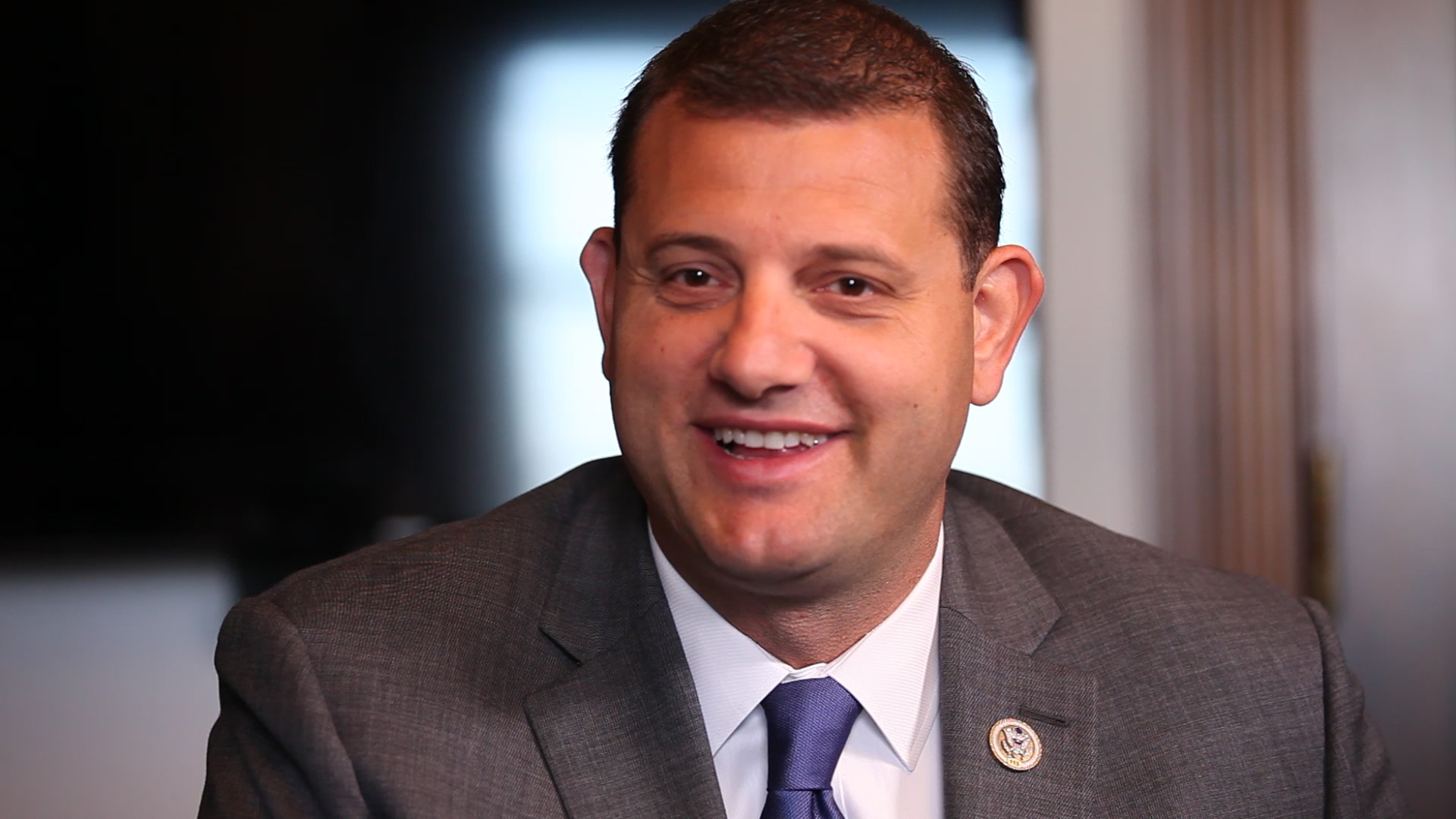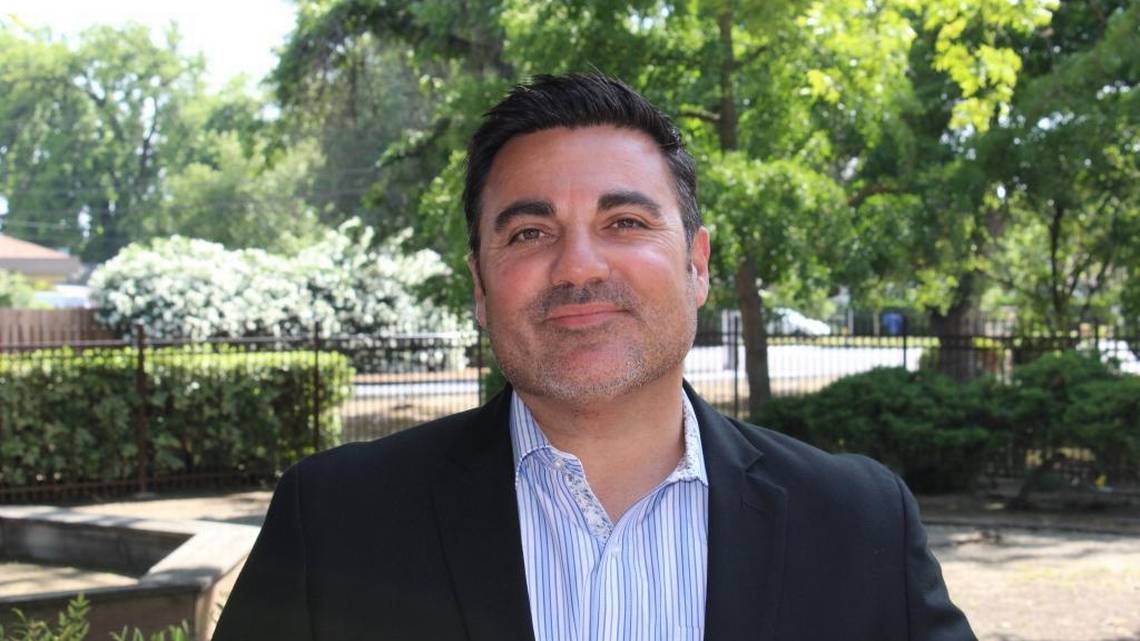California’s water has long been a contested issue in the Central Valley, and high gas prices have led to a national discussion on energy. Rep. David Valadao (R–Hanford) is pushing Congress to address both fronts.
Valadao joined The Sun in an upcoming interview on Sunrise FM to discuss a pair of bills he has introduced that target California’s water situation and the nation’s energy production industry, a bill that will be part of the larger GOP platform.
The big picture: Valadao initially introduced the Working to Advance Tangible and Effective Reforms (WATER) for California Act last year and brought it back this year ahead of the Republican-controlled House.
- It codifies the 2019 biological opinions in place that govern the State Water Project and the Central Valley Project. President Joe Biden’s administration has worked to remove the 2019 biological opinions and revert back to the previous rules that were enacted in 2008 and 2009.
- The bill also allows Shasta Reservoir to be expanded, something that was denied through Biden’s infrastructure bill.
- Valadao also introduced the Determination of NEPA Adequacy Streamlining Act last week, which would streamline the approval process for energy production by cutting red tape.
What we’re watching: Valadao said the Determination of NEPA Adequacy Streamlining Act will be part of a larger Republican package focused on lowering the cost of energy by helping to increase production.
- The larger Republican effort is expected to be rolled out this week, Valadao said.
What they’re saying: “As you can imagine, water’s such a complicated topic in the Valley,” Valadao said when asked about the WATER for California Act. “Just to get eastside, westside, exchange contractors, state guys all on the same page and supporting a piece of legislation is difficult.”
- Valadao’s energy bill hones in on the environmental impact reports that are required for project permit approvals.
- “It allows them to use a lot of the same environmental impact reports and to kind of streamline the process to make it quicker to get some of these permits approved, and this is mostly for transmission lines and things like that,” Valadao said. “So it can help oil production and any sort of energy production.”










